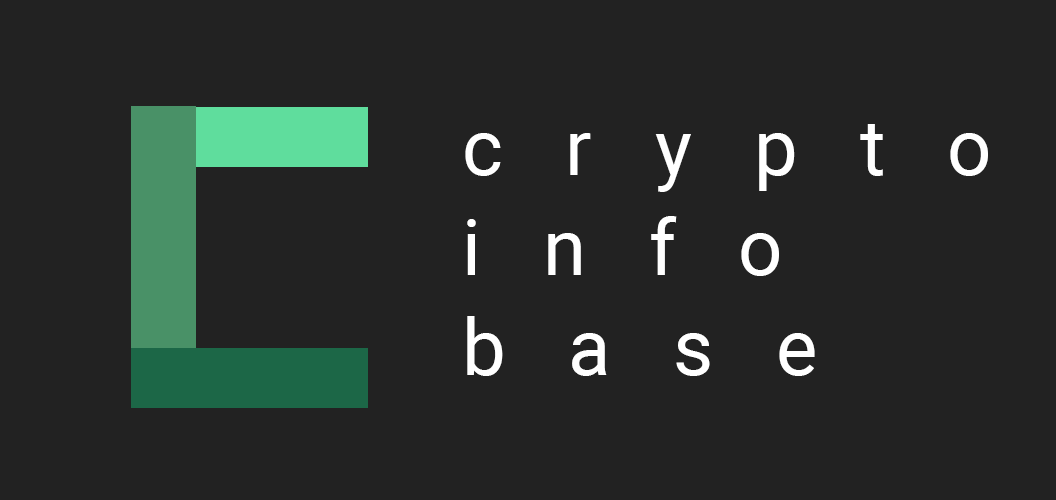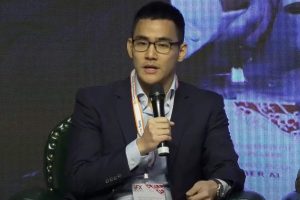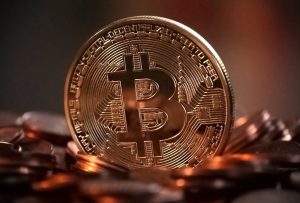The future of energy is moving towards clean and renewable sources, with solar energy being at the forefront of this movement. As the world’s population grows and energy demand increases, it is crucial to look towards sustainable energy sources. Solar energy is a promising solution that can help reduce carbon emissions and dependence on non-renewable energy sources.
The future of Bitcoin holds great potential for innovation and growth in the world of decentralized digital currencies.
In this article, we will discuss the future of solar energy and its integration with smart cities and the Internet of Things (IoT).We will explore how these technologies can work together to create a more sustainable future.
Contents
The Future of Solar Energy
Solar energy is one of the fastest-growing renewable energy sources in the world. As technology advances, solar panels are becoming more efficient and cost-effective. The cost of solar energy has decreased significantly in the past decade, making it more accessible to consumers.
One of the most significant advantages of solar energy is that it is a clean source of energy that produces no greenhouse gas emissions. This makes it an attractive option for reducing carbon emissions and combating climate change.
The Integration of Solar Energy with Smart Cities
Smart cities are designed to use technology and data to improve the quality of life for citizens. They are built on the principles of sustainability, efficiency, and innovation. One of the main goals of smart cities is to reduce energy consumption and increase the use of renewable energy sources.
The integration of solar energy with smart cities is a logical step towards achieving this goal. Smart cities can use data to optimize the use of solar energy, ensuring that it is used when demand is high and stored when it is not needed. This can help reduce energy waste and increase the efficiency of the energy system.
The Internet of Things (IoT) and Solar Energy
The Internet of Things (IoT) is a network of devices that are connected to the internet and can communicate with each other. IoT devices can collect data, analyze it, and take action based on the analysis. This technology has the potential to revolutionize the way we use energy.
The integration of IoT with solar energy can help optimize the use of energy in real-time. For example, IoT sensors can detect when a room is empty and adjust the temperature accordingly, reducing energy consumption. Similarly, IoT devices can monitor energy usage and alert users when energy consumption is high, encouraging them to reduce their energy use.
Conclusion
The future of solar energy is bright, with technology advancements making it more accessible and cost-effective. The integration of solar energy with smart cities and the IoT can create a more sustainable future by reducing energy waste and increasing the efficiency of the energy system.
If you want to contribute to a more sustainable future, solar energy is an excellent option to consider. By installing solar panels, you can reduce your carbon footprint and save money on your energy bills.




